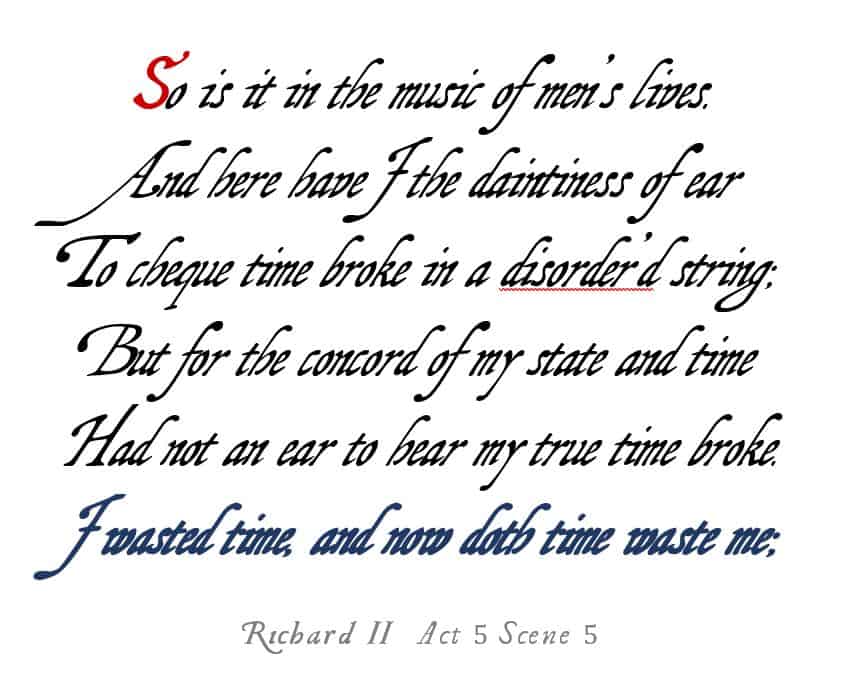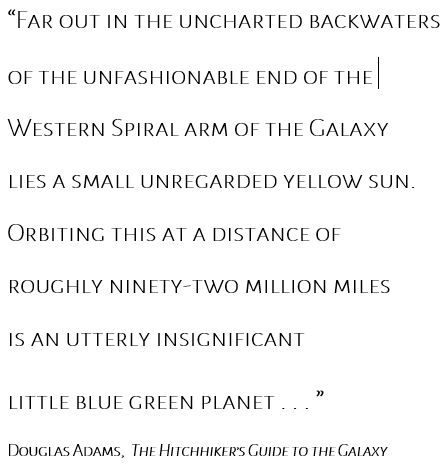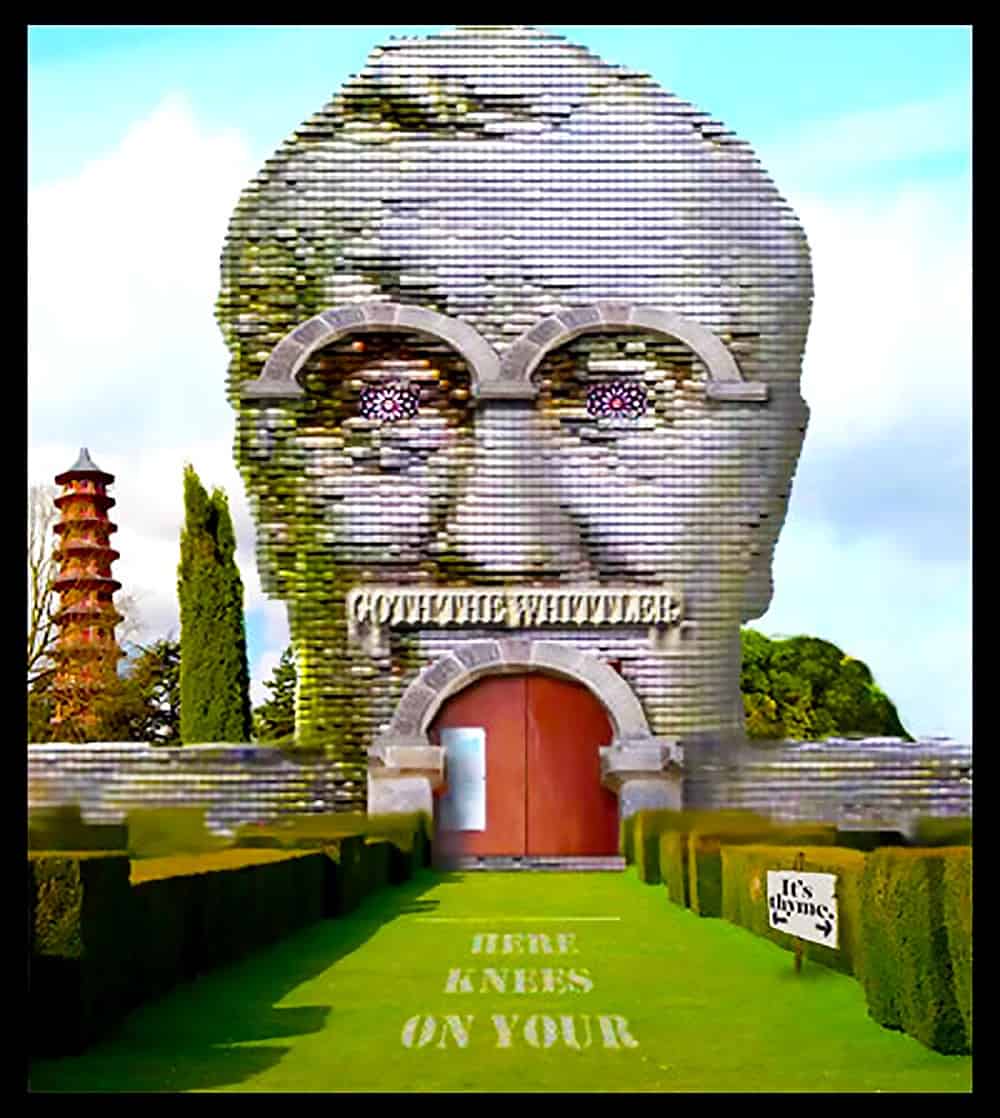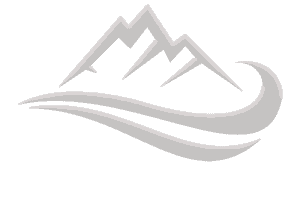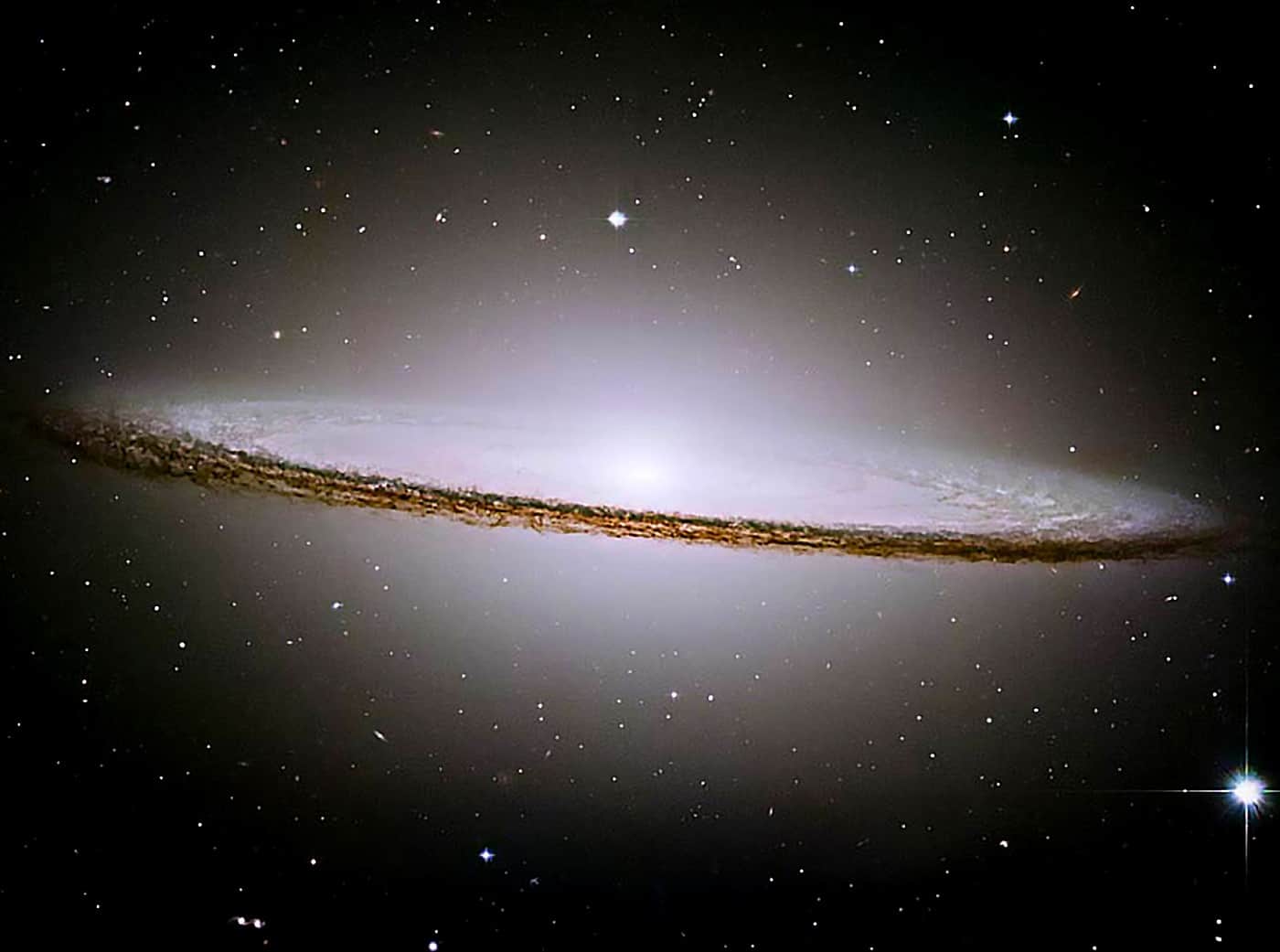Coronavirus? Pandemic?
Coronavirus? Pandemic?
What the Actual Fuck?
Has this been the worst ever social and economic disaster in our lifetimes? Or has it been the squealing brakes we needed, to curb our pre-pandemic headlong, tunnel-vision rush towards . . . well, where? . . . We were too busy to think about that.
And is it unprecedented? Or is it just one of the smaller, if not insignificant, health crises in roughly 300,000 years of the human story?
The answer is Yes. Or no. Or all of the above.
For some it hasn’t been so drastic; it’s even been interesting, a wake-up call, an eye-opening surprise, intimations of a new world waiting for us.
For others—millions, billions of people—this has been dreadful. Shocking. Crushing. Life was already tough enough and suddenly the little that they had has been locked down, or ripped away, or they are forced to endanger their own lives and others just to survive. And many have seen their businesses, their jobs, their weddings, and funerals, without warning, abruptly disappear into a ruthless black hole.
For some ‘luckier’ ones it has just been a horror show of seemingly interminable boredom doing the same bloody things, or nothing, day after day after blursday.
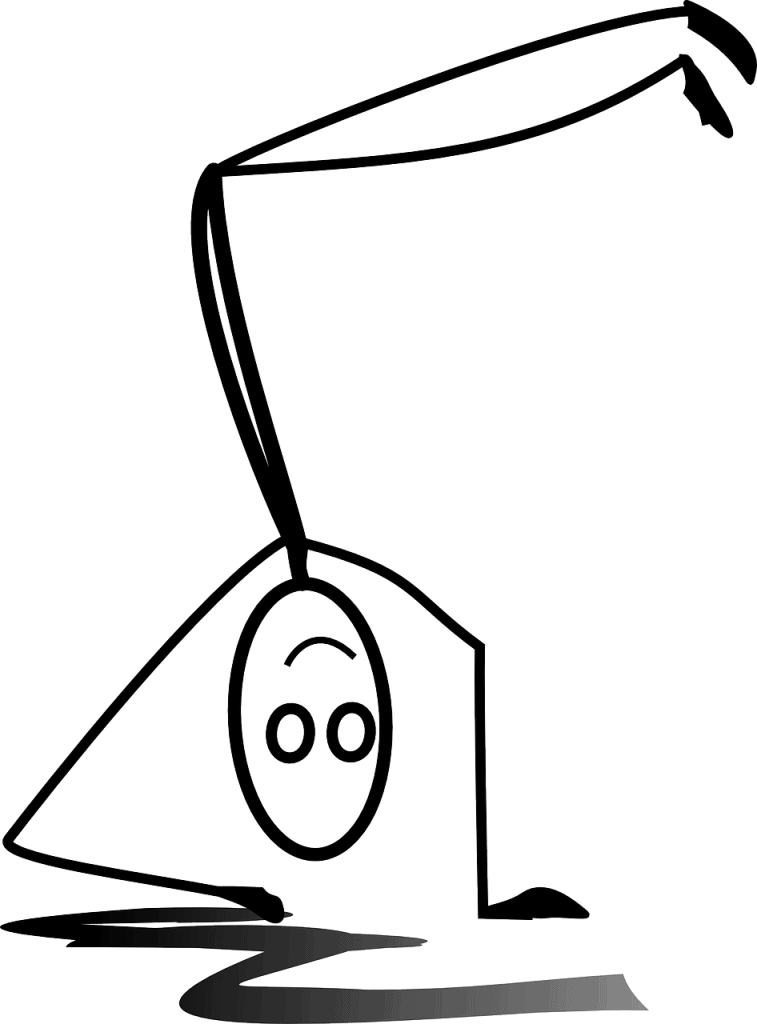
While some have clung to crosswords, jigsaw puzzles, binged on Netflix and blown the dust off childhood board games, many others have discovered TikTok or embraced Instagram and explored their latent talents and skills, joined online courses, or worked on projects they never had time for before. But even this can drain enthusiasm if what we also need is the stimulation of other humans physically close to us.
People who already work from home, and are more used to it, might have escaped the worst of the trauma.
For introverts and people who enjoy their own company there is the added benefit that avoiding going out in public becomes a good deed.
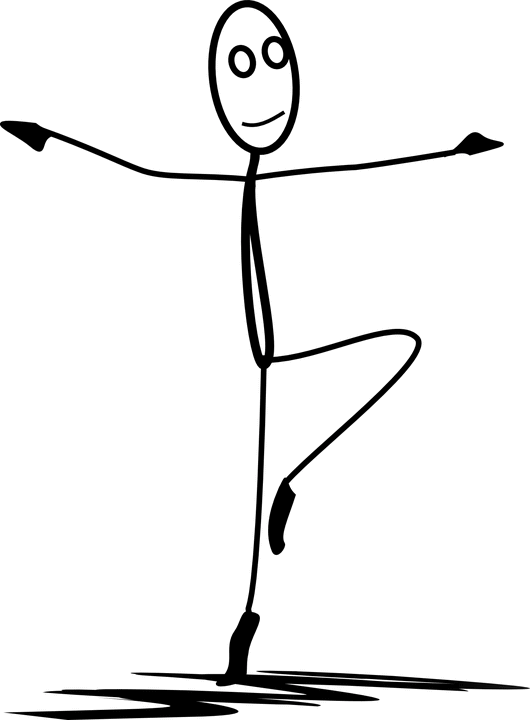
What next?
What has roared up to surprise us is an incredible global treasure-trove and display of creativity and ingenuity that hadn’t displayed itself quite so publicly or broadly before. A lot of people are suddenly engrossed in something they love doing that has become more than a frivolous hobby.
We have discovered new ways of doing things and embraced new rules for living. There has been an extra flourishing of kindness and caring.
Many of us are longing for the time when this uncertainty is all over and everything returns to ‘normal’ – what the politicians are falling over each other to call “the other side of this” as if we’re going through a tunnel that doubles back on itself and we’ll pop out the other end into an unchanged world.
But it won’t work like that. We are already creating a new world with novel expectations. Many of us are praying that we never go back to that pre-2020 ‘normal’ because returning to those days would be to endorse the negatives and stress of that time, abandoning so much of value we are freshly learning. It would be like resigning to the hopelessness, like embracing our abuser.
What before we had considered ‘normal’ isn’t normal in the history of humanity, not in the history of science or technology, not even in the stagnant history of politics. What we called ‘normal’ before this time wasn’t ‘normal’ as recently as 20 or so years ago.
The world of 2020 is not at all the same as the world of 2000, and it is starkly different from the world of 1980. Millennials were born in the dark ages; many before the internet and smart phones which rule our lives today.
Everything is always changing in the subtle blink of a historical eye. It morphs subliminally as we watch but don’t notice. And it sneaks up on us so surreptitiously that it feels as if things have always been this way.
Except . . .
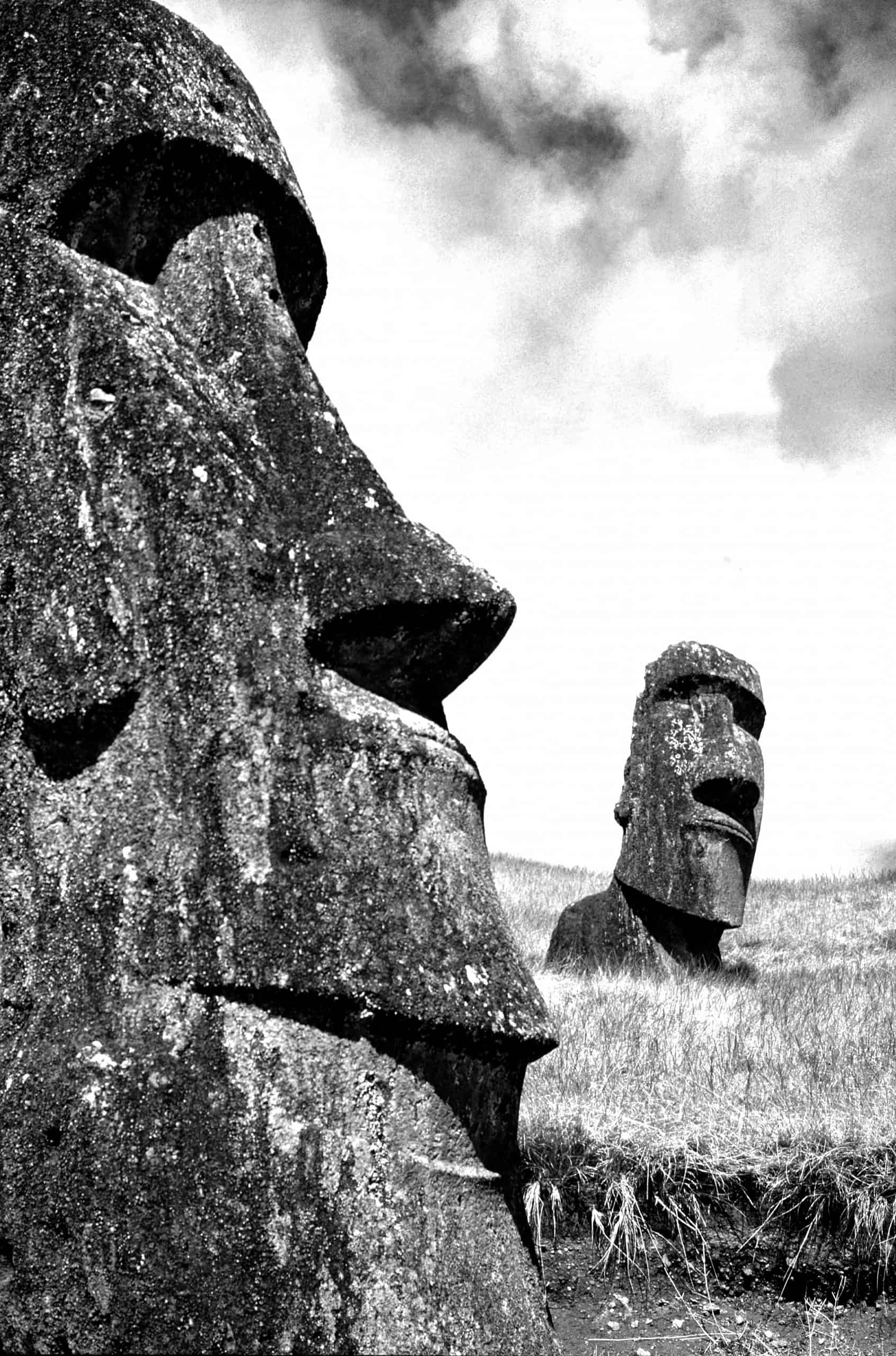
. . . except that this very recent jolt sits on top of centuries where the central pillar of human society hasn’t essentially changed – like an Easter Island statue, set in stone that goes literally deep underground.
This central pillar of modern society, in effectively all cultures, and all politics, is the gaslighting coercion and commodification of humans by the wealthy and powerful in relentless pursuit and protection of power and wealth.
While everything else is always changing, the underpinning fundamental principles of political philosophy change glacially. Most politicians and their parties almost anywhere in the world still wade up to their armpits through the foul morass of opportunist cronyism; still harvest the noxious sludge of the distant past; still, head down, trying to navigate, with stained, fading, tattered and obsolete maps, the quagmire of ancient myths of crumbled worlds millennia ago; still shadowing the spectral call of long-dead heroes, buried in dark ages, or in the more recent beige years of hopelessness and resignation imposed upon us for a quarter century by Ming the Grim; still desperate to claw up and restore a long-vanished, and fictitious, world of fairytale childhoods; still hawking concepts that decomposed centuries before they were born.
While the horse and buggy politics of early Australia – forever ago it seems – were often steeped in inequality, prejudice and discrimination, at least some few of those early federalists were people who had achieved something in their own right before they became members of Parliament, people of principle who had a sense of service, social conscience, ethics and fairness and worked for the good of the country. They fought for the People, for a basic wage, fair working hours, a national broadcaster, and an equitable health service. And if they were found breaking the rules they resigned.
It has not lately been like this. As you know.

‘Normal’ in the 21st century has been the seats of Parliament, on both sides, filled (when they are filled) with the polished arses of chancers, grifters, opportunists and carpetbaggers; arrogant, self-impressed, self-congratulatory, amoral branch-stacking careerist apparatchiks without principles, conscience, or ethics; with limited experience, no understanding of the complexity of the real world, empty of any sense of service (or what ‘service’ even means), oozing with greed for power and money, uninterested in the good of the country and its people, willing to lie and cheat in order merely to “win” and enrich their mates. And amongst them are more than the country’s share of racists, fruitcakes, conspiracists, conspirators and clowns.
As American Professor Heather Cox Richardson puts it:
[Politicians] create their own reality for the end that they will be able to continue to stay in power, come hell or high water [and] will do anything it takes — anything it takes — to make sure that this [US] government continues to be responsible only to a very, very small elite in society.”
So winning at some dick-measuring game, the game of “staying in power” for the sake only of staying in power—without regard to the actual issues and potentially destructive outcomes of the game, or of the effects on the country, its people, or their future—this is what politicians all around the world think and have long thought is ‘normal’ and ‘appropriate’. Of course it is despicable and we all despise them for it.
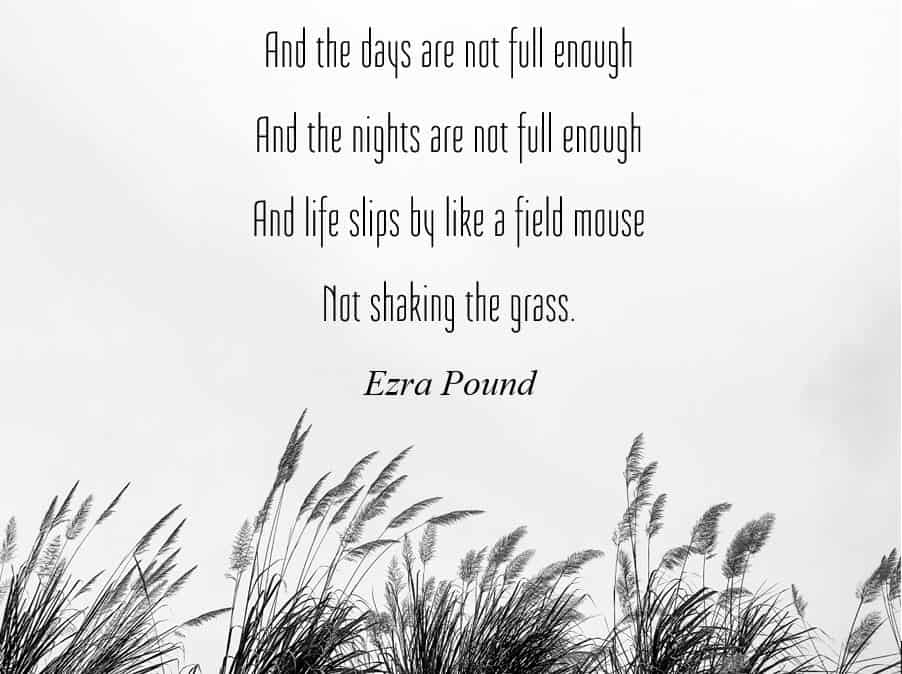
‘Normal’ before 2020 was good in many ways but it was never a perfect time, was never good enough and often it was contemptible. Our greatest challenge—Global Warming, far greater than this pandemic—has not been seriously addressed, at least not by our global “leaders”. Inequality, prejudice and discrimination have not dissolved. Political cruelty is rife. Those who struggle are scorned as weak. Unemployment is cast as a moral issue, portraying the almost universally unwillingly unemployed as bludgers, when the fact is it is an economic issue linked to inflation and party politics.
“ The best political weapon is the weapon of terror. Cruelty commands respect. Men may hate us.
But, we don’t ask for their love; only for their fear.”
― Heinrich Himmler
If we settle again for the political and economic slop and mush we know it has been, all our suffering and our admirable communal discipline and sacrifice through 2020 will have been for nothing.
If we ignore the gift of this pandemic, if we fail to take personal ownership of our society, and the quality of our lives, that will be a choice we have collectively made and we will each own the responsibility for it.
Too much about the CoVid world has changed for us to want to reboot the past; but a ‘new normal’ will not be an improvement unless we keep reminding ourselves of what we have been taught here and the visions of the future we are all already imagining.
We have had the opportunity to take a stark, honest look at the way we have actually been living. In the gift of this frozen moment we have seen through the deception of the cultural illusions and delusions we’ve been wrapped in for so long. Our suspended lives are an opportunity to choose who and how we really want to be, and what is truly possible in life.
The power ‘elite’ will try to convince us to return to a past they already royally buggered up (in the case of many priests, literally) . We know we can’t trust them. In a private wine-glazed moment they would admit that lying to us is in the core of their craft. We can’t live into a new future by relying on them, or anything they say, when everything they think they ‘know’, or want us to believe, was dredged up from the fossilised past.
Imagining the future

Human society has always been organic, even (or perhaps especially) when faced with the horrors of despotism. It is always the mass of the people who take on the big challenges and decide the big corrections. And it is always when the people are tired and shrink in fear that the great possibilities are stolen from us.
We have already imagined so many ways a new normal might look and feel and how it might work. It is this envisioned, projected future, our combined belief that it is possible, our expectation of it, that will generate the new future, with a firm intention that it is beautiful, free and healthy.
And exciting.
We’ve been given the opportunity to learn to recognise, in the cold, calm, quiet light of this suddenly suspended time, the levers and pulleys of the flimsy fantasy machine of the systems we have permitted to command the quality, the colours, the contents, the contours, and the meanings of our lives.
Now is an opportunity to learn to deeply appreciate life itself, the actual miracle of being alive, the right to enjoy it fully, in an impossibly unlikely and (as far as we are yet aware) otherwise lifeless universe. It is an opportunity to appreciate being; not just having; not just doing; and not just going somewhere.
Until now, in our urgent rush toward the void, we haven’t really had time to grasp that we’re not actually going anywhere anyway. Full of stress, anxiety and fear, we’ve been sprinting towards . . . what though? . . . winning at life?
There’s no payoff at the end, no trophy, no pat on our deathbed head. We don’t get a certificate for making it to the end (unless we score a telegram from the queen).
If we’re always in a hurry to get to the end we rush past all the amazing things that truly enrich life because we’re too busy to notice them and don’t have time for them on the way to nowhere.
“What will be left of all the fearing and wanting associated with your problematic life situation that every day takes up most of your attention?
A dash, one or two inches long, between the date of birth and date of death on your gravestone.”
~ Eckhart Tolle
What will be left? Yes, in that brief dash will be the fear, all the hatred and all the good we failed to do. But also in that simple hyphen will be all the good we did do, the love we gave, our positive influence, the lessons we learnt and taught, how we lifted others up, the difference we made in the world, how we helped to protect the world, improve the world, create new ideas for the world.
The money we made and the stuff we owned will not be engraved in stone.
What will be left of value in the living world? Our kindness, our wisdom, the love we shared and received, the joy we gave to others and the joy we found for ourselves. These things will continue on, in the eternal present.
We don’t win at life; we win IN life.
The whole of life is in
each moment of life itself
What if we were to spend our infinitely precious time, here and now, appreciating the juicy, exciting, amazing, exuberant, cornucopia of the present.
What if we play in it, experience it, embrace it, grasp and suck and swallow it, in the present. And what if we do all that with feral enthusiasm? Or in meditative stillness? Luxuriously bathe in it?
Right now.
Yes we can sit with our back to this moment nostalgically yearning for the past, but the past is just a sketchy memory we experience in the Present. We can enjoy good memories and be grateful for them.
In the Present.
We can understand that whatever our bad memories, they are not real, they’re just imperfect recollections.
In the Present.
We can thank them for the learning and smooth their pillow. They have no real claws. They can’t hurt us in the present without our permission.
Yes we can scream forward with our head in the future trying to reach it before it arrives.
Or we can savour the joy and the miracle of right now.
Because the future, inexorably and without our help, will come in its own time. In the present we can enjoy the possibilities of the future. And when it arrives we can appreciate its reality.
We’ll recognise the future when it comes.
It will be called “The Present”.
“It is our suffering that brings us together.”
Ursula K. Le Guin, The Dispossessed
Many things have emerged during this lockdown, some of them upsetting; but also good has emerged because of our shared experience.
There has been an increase in generosity, a stronger sense of local and global community. Complete strangers wave to each other, chat to each other, form more intimate relationships. We see it in people from all over the world joining together in creative activities. Remotely making music, performing plays.
Even dressing up to put out the bins has created an international community of over a million people. Community is the core to being human. We are social animals. We need each other. We are incomplete without others. That’s hard-wired. We need connection whether we’re introverts or extroverts.
We need that real, warm sense of personal connection and belonging to a community.
Homework’ Takes On A New Meaning
In 2020 we’ve discovered — or rediscovered from the cottage industries of the pre-Industrial era — that employees can work perfectly well from home and be productive and collaborative without being micro-managed.
One of Sir Roger’s acquaintances reckons the data show an increase in productivity of 25% among those working from home. We can continue to do this. And it’s scalable.
This has benefits for both workers and companies.
Workers have found that they can put in the same or more hours from home but don’t need to spend hours and money travelling to and from work. And that means they have more time at home spending more time with family and more time doing the personal things they never seemed to have time for before.
In many cases companies won’t need enormous elaborate premises with expensive leases to accommodate the workforce that they have. They won’t need to be in the centre of the city, Costs can go down and salaries can go up without a loss of profit.
We spend most of our lives first being trained to be compliant and docile and then bringing those gifts to a job which is, for most of us, not wholly satisfying; not the job we chose but the one we could get; not really who we are; learning to pretend to be the person we are expected to be; all for rewards which are never quite enough.
Just in order to survive.
For what?
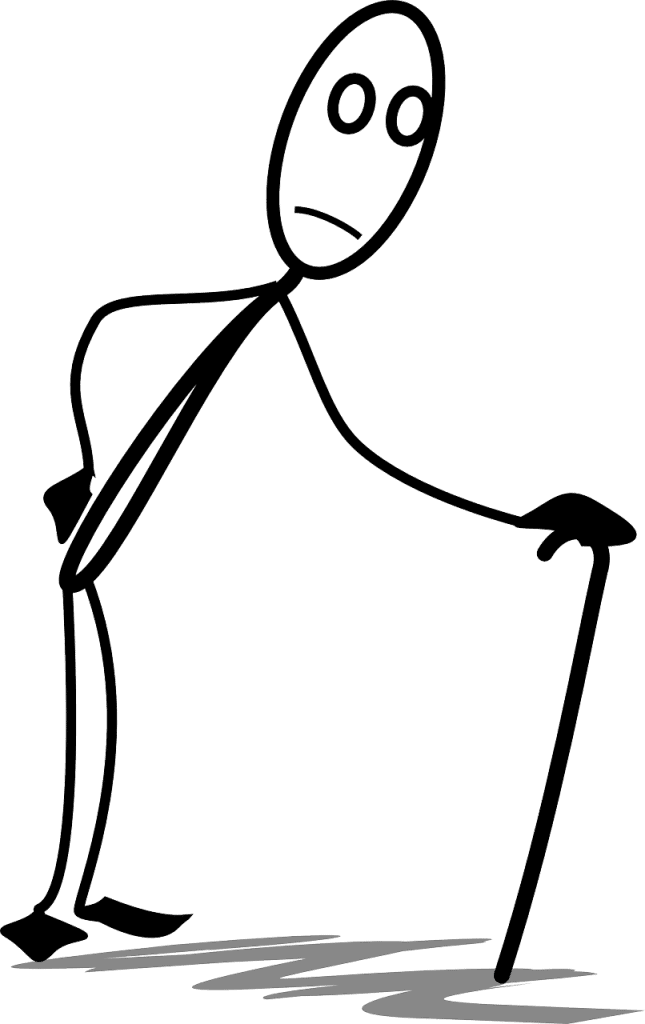
For that awful realisation, as we get older, that we wasted most of our lives wrapped in a blanket to protect ourselves from dangers that never happened.
How do you know that your job is not everything you could wish for and you are wasting your precious time?
- Do you look forward to Friday?
- Do you call Wednesday “hump day”?
- How quickly would you leave your job if you won the lottery?
- Would you stay in your job (and put up with the boss) if you didn’t need the money?
- What would you do if you didn’t need your job?
What are we thinking?
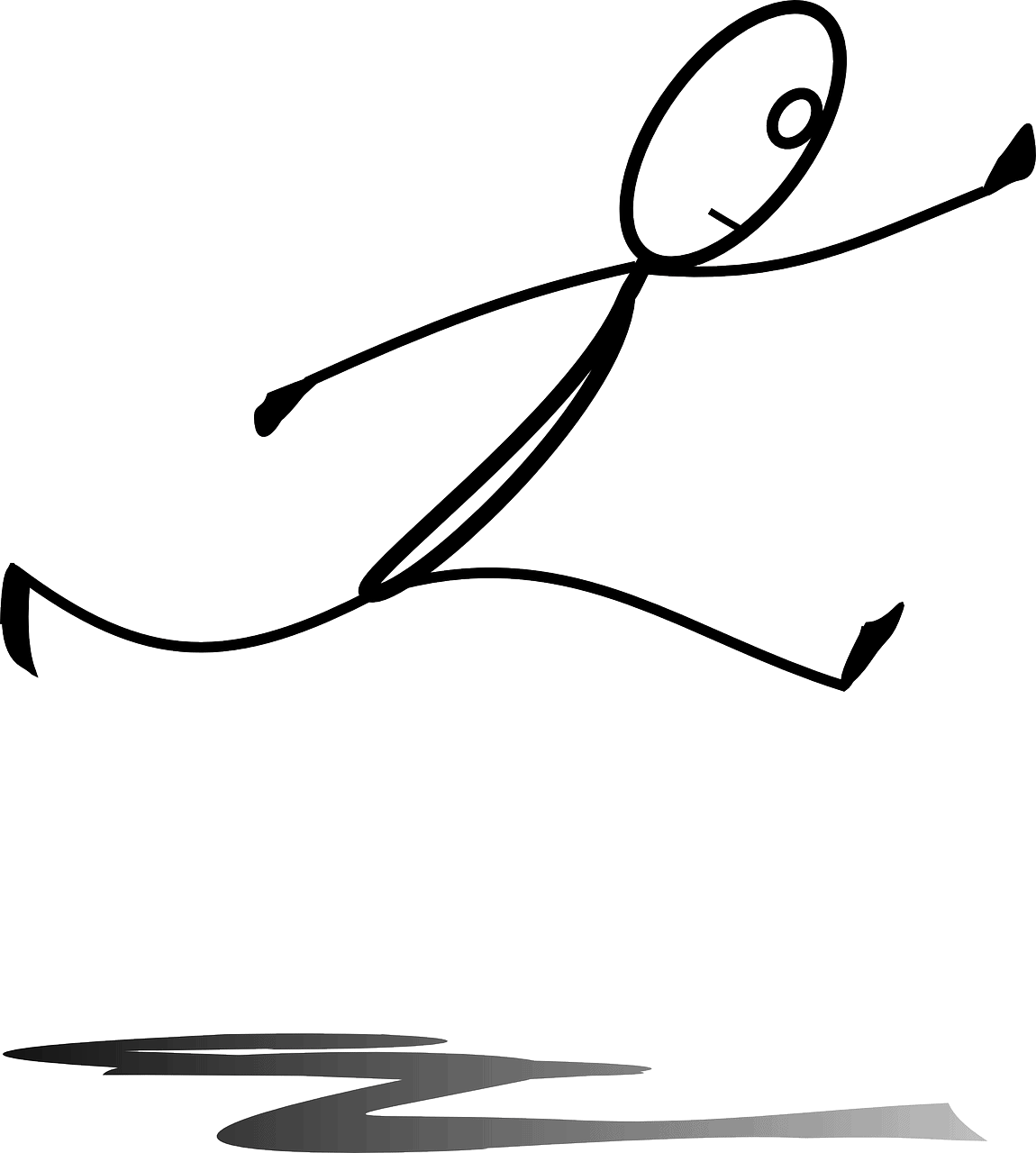
Despite our unremarkable, humble neighbourhood, we are extraordinary.
We are entities with minds the size of the universe (literally).
We are the universe. We are the universe conscious of itself—probably for the first time in its 13.7 billion years.
We extraordinary beings, full of thoughts, emotions, imagination, stories, creativity, wonder, are the only beings aware of their mortality and the mortality of the universe itself.
Yet we willingly surrender our too brief and finite lives, our gifts, our dreams, the miracle of our minds.
We surrender to a dispassionate, fabricated system; to an artificial and deeply dysfunctional construct called ‘the economy’; and most of us to a suffocating story of compliance and conformity and the safe, orthodox, mediocre life. Religion has a lot to answer for, for this, because . . .
The immense majority
of human biographies
are a gray transit between
domestic spasm and oblivion.
George Steiner
What can we do?
This pandemic has given us time to become more aware of the environments where we live and the people who live there. It is giving us time to be more aware of, and to think about, what society and community really mean.
It is also an opportunity to see how we have overlooked the breadth, the depth and the vitality of community, and why; and to draw out the forensic UV torch to reveal the blood on the walls; to unveil the fictitious story, to reveal the witchcraft, to expose the illusion, to unmask the conspiracy, and instead to see the reality. To grow into a way of living and of really experiencing and exploring our real lives, with other real lives, freely, richly and autonomously.
It is an opportunity that we can all share.
How exactly it will look and how it will be achieved we can’t know. Not yet.
What we can know is that any outcome hauled out of the grave of the recently passed world will inescapably mean inviting the undead to inhabit, and inhibit, the future.
But if it’s drawn from the future that we are already imagining, that will be something new and better.
In the meantime we can reach out in our lives to others. Value others – and not just humans – as fellow creatures. Make a joyful difference to their lives. Value our own lives fully, for everything they are, be grateful, and find joy in our own lives.
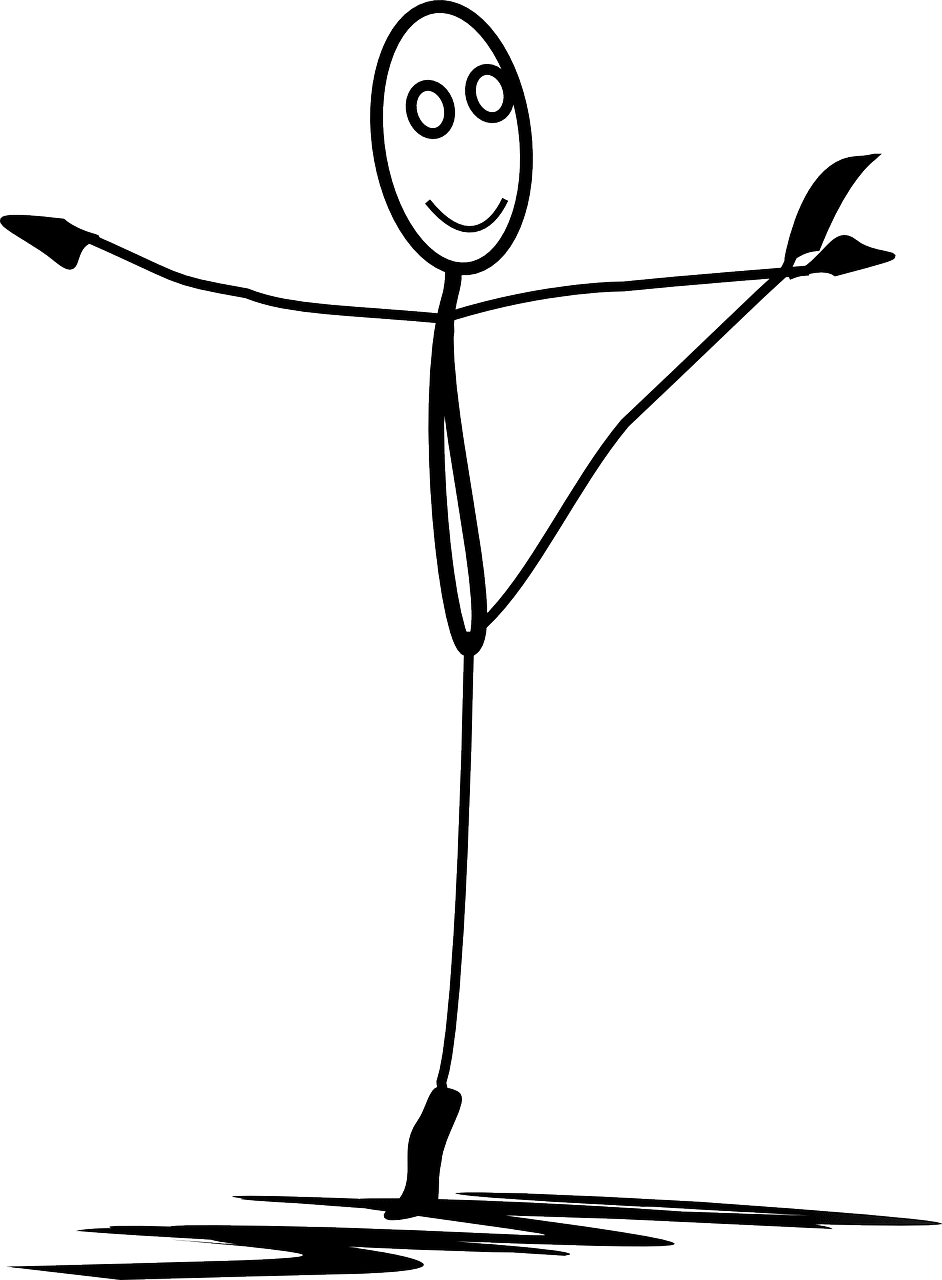
![shadow[e196]](http://valuesaustralia.com/wp-content/uploads/2020/06/shadowe196.png)
![flourish update[b]](http://valuesaustralia.com/wp-content/uploads/2020/06/flourish-updateb.png)

![scream[c]](http://valuesaustralia.com/wp-content/uploads/2020/09/screamc.jpg)
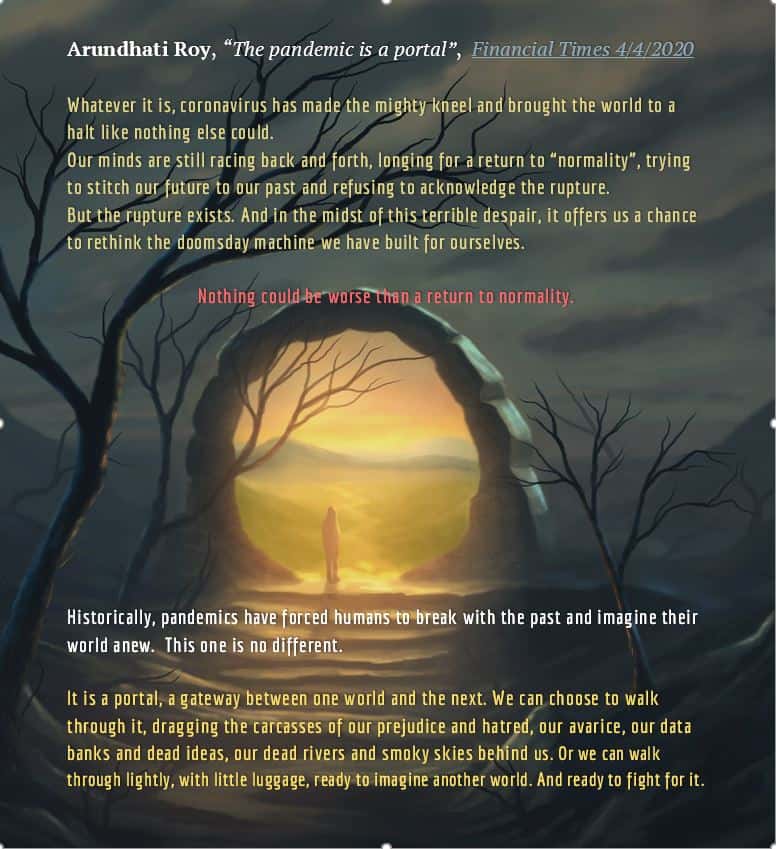

![sprint[c]](http://valuesaustralia.com/wp-content/uploads/2020/09/sprintc.jpg)
![France_in_XXI_Century._Correspondance_cinema[b]](http://valuesaustralia.com/wp-content/uploads/2020/09/France_in_XXI_Century._Correspondance_cinemab.jpg)
